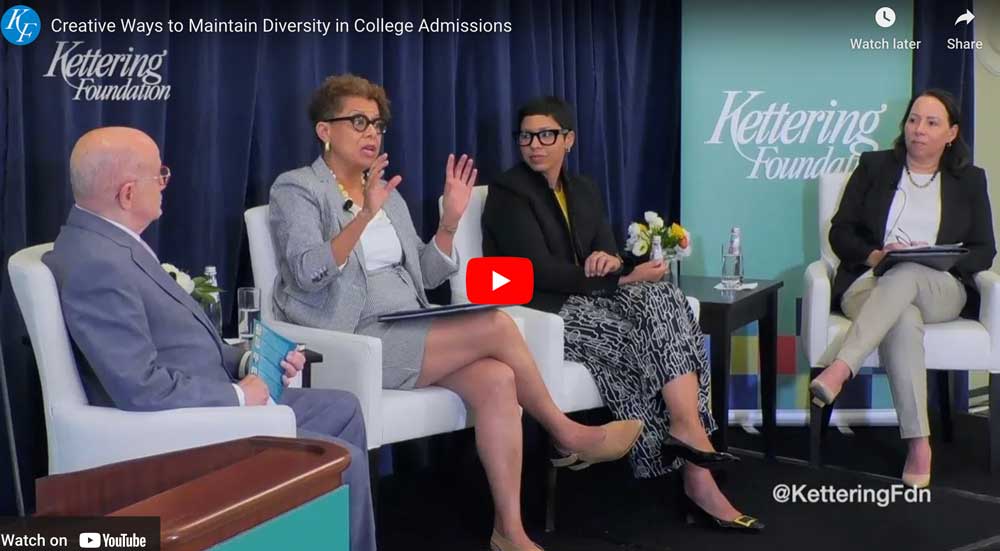Power of Concession
Four of the most precious words in a democracy are, “The people have spoken.” Yesterday, Ohio Democrat Rep. Tim Ryan lost his race for US Senate. But in his concession speech to JD Vance, which Ryan called, “a privilege,” he articulated where we have been in this country for the last two years and where we need to go to heal and to restore our democracy:
“[In] this country, we have too much hate, we have too much anger, there’s way too much fear, there’s way too much division. And that we need more love, we need more compassion, we need more concern for each other. . . . The way this country operates is that, when you lose an election, you concede, and you respect, you respect the will of the people. Right? We can’t have a system where if you win, it’s a legitimate election, and if you lose, someone stole it. That is not how we can move forward.”
Well said. Our country is at a place in which the decision of a candidate to concede after losing is somehow extraordinary. Yet for more than two centuries, a losing candidate’s concession was a cherished norm. It assured the peaceful transfer of power that set us apart from most other countries. The fueling of The Big Lie, the falsehood that Donald Trump really won the 2020 election, has recast the norm of conceding as a sign of weakness and an act of disloyalty among some (mostly far-right) candidates. It is actually the opposite.
Rep. Ryan’s concession and remarks are refreshing. With this one act, he has strengthened the American experiment.

